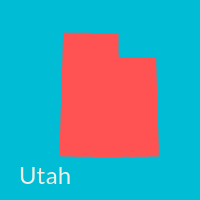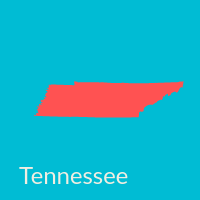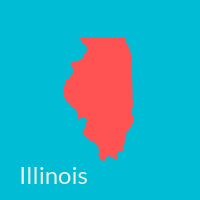Phlebotomy Schools In Utah

Phlebotomy Certification Utah
The State of Utah recommends applicants to become certified although is not a mandatory requirement to be certified. Because usually employers will prefer phlebotomists with certification, it’s highly recommended to get your phlebotomy certification in Utah.
Utah Schools with Phlebotomy Training Programs:
The following schools offer some sort of phlebotomy training in the state of Utah. All of the schools listed here are accredited programs and the course offerings should lead to an opportunity to sit for a phlebotomy certification exam. Contact the school for detailed information regarding their phlebotomy training program.
| Name | Address | Phone | Course |
|---|---|---|---|
| Oquirrh Mountain Phlebotomy School LLC | Murray: 5284 S Commerce Dr. suite C-254 Murray UT 84107 Provo: 2035 N. 550 W. Provo UT 84604 St. George: 2279 Santa Clara Dr. Unit 1 Santa Clara, UT 84765 Clearfield: 1659 E 1400 S, Clearfield, UT 84015 |
801-738-3114 | 3-days hands on blood draw practice tought in Murray, UT Provo, UT St George. UT, followed by reading assignments given to the student in class by the instructor. 20-30 hours volunteer work is optional in clinics, doner centers, Hospitals set up for the student within 25 mile radius from the location you attend. This course meets national level phlebotomy certification status. Cost: $399 |
| Dixie State University | 225 South University Avenue St. George, UT 84770 |
435-652-7701 | The Phlebotomy program at Dixie State University is a one-semester course. Phlebotomists draw blood for tests, transfusions, research, or blood donations. Phlebotomists work mainly in hospitals, medical and diagnostic laboratories, blood donor centers, and physician offices. |
| Intermountain Healthcare | Several locations – check website | (801) 442-2100 | Intermountain Healthcare is offering exceptional people, who want to make a difference, a training course to become a Phlebotomist. Phlebotomists are trained professionals who collect laboratory specimens through blood collection techniques. They provide a caring, comfortable, and confidential environment for their patients and provide additional support to the laboratory. |
| Nursing Education Center | 74 East 500 South #106 Bountiful, Utah 84010 |
801 252 5130 | This is a 36 hour National Phlebotomy Training Course. Cost: $450 |
| Phlebotomy Trainng Specialists | Murray: 649 West 5300 South Murray, UT 84123 Orem: 71 West University Parkway , Suite 71 Orem, UT 84058 Clearfield: 397 South State Street, Suite 102 Clearfield, UT 84015 St. George: 511 East St. George Blvd, Suite F St. George, UT 84770 |
1-888-531-8378 | PTS offers a 32 hour National Training Program with an optional 40 hour Externship. PTS also offers a 12 Hour Standard Class Both the National & Standard classes include CPR Training & Certification through the American Heart Association. Cost: National Training Program – $495.00 + $100.00 to take the National Exam, Standard Phlebotomy Certification – $195.00 all inclusive |
| Southwest Applied Technology College | 510 West 800 South Cedar City, UT 84720 |
435-586-2899 | During instruction, students will acquire the knowledge and skills necessary to obtain employment as a phlebotomist. Students who complete the program will be eligible to receive their (CPT) Certified Phlebotomy Technician with the National Healthcare Association. Cost: $620 |
| Tooele Applied Technology College | 88 S. Tooele Blvd., Tooele, Utah |
435-248-1800 | Phlebotomy Technicians are an integral part of a healthcare team. These trained professionals obtain laboratory specimens through blood collection techniques. Patient care and laboratory support are other duties typically performed by phlebotomists. Cost: $1,125 |
| The Utah School of Phlebotomy | Salt Lake City Campus: 4141 South Highland Drive, Suite #105 Salt Lake City, UT 84124 Provo Campus: 865 North Freedom Blvd Provo, UT 84604 |
(801) 898-9306 | This 6 week comprehensive course will allow you to learn all of the techniques for the field of phlebotomy. Our instructors will guide you as you learn a variety of types of venipuncture, safety standards, basic anatomy and physiology, and other factors involved in this profession. |



